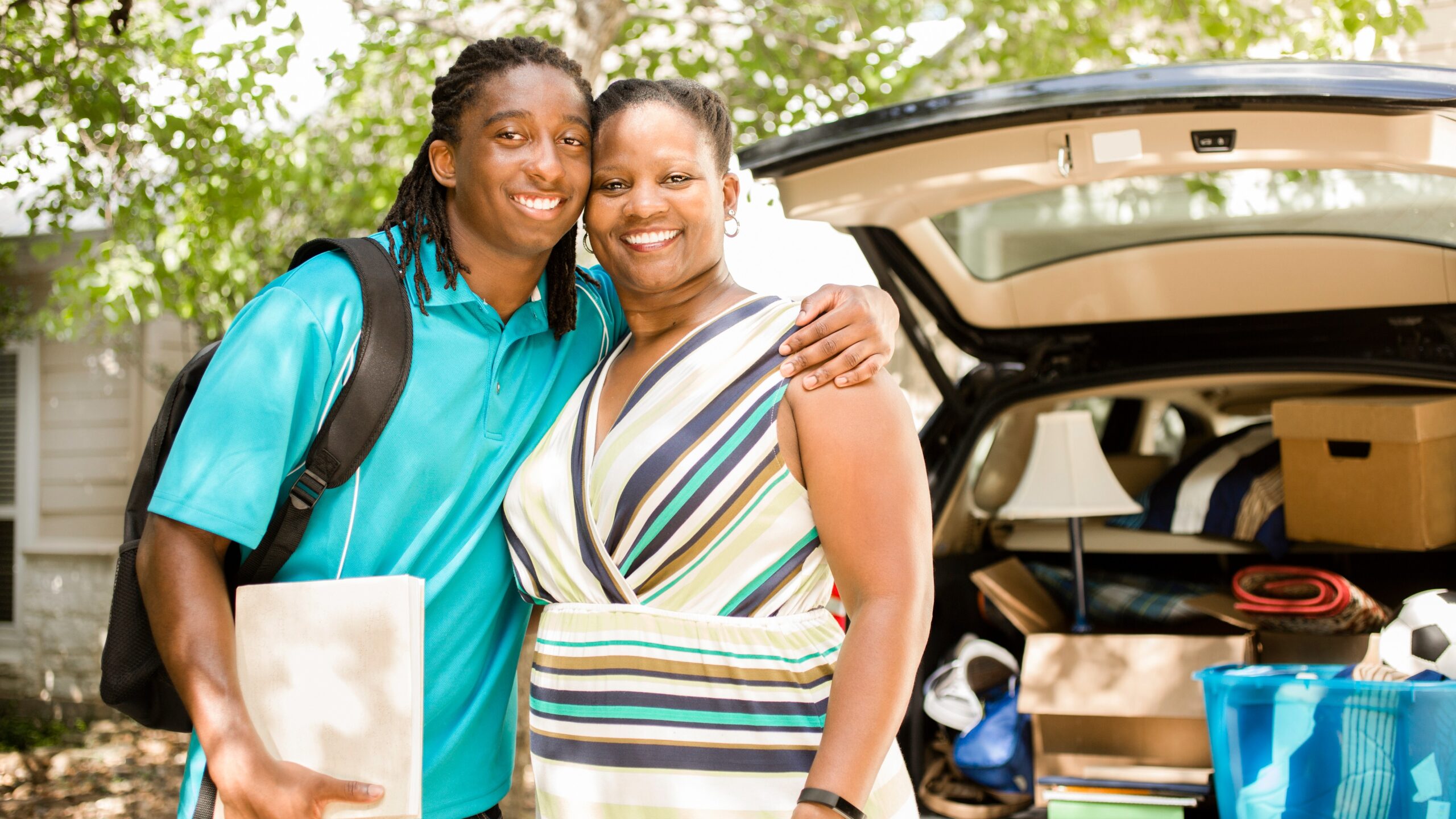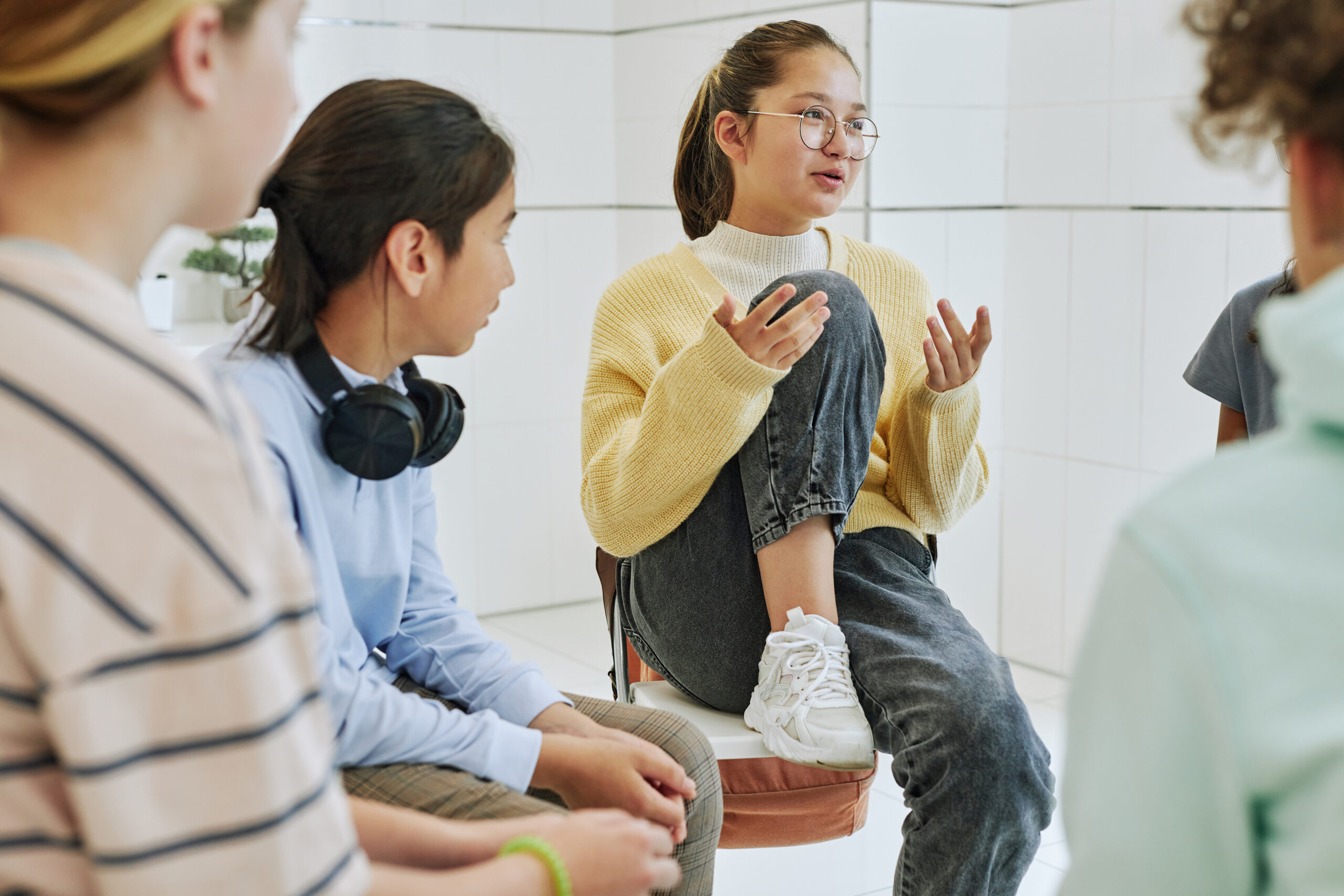
From nursery school and kindergarten through elementary, middle, and high school graduations, parents reflect back with wet eyes on how quickly their babies have grown.
College graduation brings a whole new set of emotions for young adults and their parents. According to The American Institute of Stress, 61% of college students seek counseling for anxiety, depression, academic performance, family issues, and relationship problems.
And they might be hiding it all from their parents, according to therapist Nicholette Leanza, LPCC-S at LifeStance Health. “There can be a number of reasons why a recent grad may feel lonely, such as having to move away from home to go to college or even starting a new job. These situations can lead grads to feel lonely, as they may be away from their typical support systems of family and friends as they set out to establish themselves. They may not want their parents to worry about them or let them down. Depression can really seep in here, too, when they’ve been struggling for a while.”

However, there might be some clues that parents can observe. “Some signs that your kid may be silently struggling include they are withdrawing from social activities and spending more time alone, they are not sleeping well, and they are not taking care of themselves physically,” Leanza says. “It’s important to keep a watchful eye for depression, as it can look like sadness, anger, feelings of hopelessness and worthlessness, and a loss of interest in things they used to enjoy. If you suspect your kid is struggling, connect them with a mental health professional so they can get additional support to guide them through.”
If your grad has already fled the nest, you can still be proactive. “Set up regular check-ins with your kid so you can gauge how well they're doing,” Leanza says. “These can even just be weekly check-ins, but the important point is that your kids know you’re available to them even if it’s in the middle of the night and your kid just needs to talk. Sending them thoughtful care packages and being their biggest cheerleaders can be helpful too.”

Parents can also help lead their kids by showing them how to set themselves up for success at a new job and manage burnout and schedule changes. “I think the best way to set yourself up for success at a new job is to set realistic expectations and not expect to be a rock star overnight,” Leanza says. “Guide your grad to be consistent in doing job duties well and be great at learning how to manage their own stress so they don’t burn out. Often, burnout has a lot to do with a negative work environment, so they must do their part in keeping the work environment positive.”
Some young adults might see their parents’ guidance as nagging or micromanaging. “This can be tough for some parents, because we want to protect our kids from stress and disappointment, but sometimes the best way to support them is to let them navigate things on their own — don’t be so quick to save them,” Leanza says. “Allow them to figure things out on their own, even if it means that they don’t get something right or something doesn’t go as plan. Teaching them to learn from adversity is crucial for grit and resourcefulness.”

Many grads might come face-to-face with uncertainty and need a boost of self-confidence. “The best way to cope with uncertainty is to understand that it’s normal to feel that way and to lean into it,” Leanza says. “No one likes uncertainty — in fact, it’s often the biggest culprit behind anxiety — but if you recognize that uncertainty is just a normal part of life in general, you’ll cope with it better.”
Leanza says parents can tell their grads, “The best ways to avoid post-grad blues are preparation and perseverance. Preparing for what your life is going to look like after graduation and then keep going until you make it happen. Boost your self-confidence by learning to be kind to yourself. Beating yourself up with negative self-talk is not going to boost your confidence — it's just another form of bullying.”
Parents can share techniques on how to manage anxiety. “There are two good ways to help manage anxiety,” Leanza says. “One is to recognize where anxiety sits in your body and then learn ways to relax and soothe your body. The second is to relax and soothe your mind.”
Leanza suggests that parents tell their grads, “What you tell yourself matters, so remind yourself that you are navigating a big transition in your life — so be kind to yourself even in what you say to yourself. Reframe that negative and unhelpful thinking, and that will help defend against unnecessary anxiety.”
Positive affirmations are another tool that parents can share with their kids to help navigate self-doubt. “When it comes to affirmations, make it a statement that you can really dig into and believe,” Leanza says. “Affirmations like ‘I am capable’ or ‘I can figure this out’ can help combat self-doubt and help build trust in yourself and believe in your capabilities more,” according to Leanza.
Grads are going to feel pressure to be at certain milestones from watching their peers. “This is usually where being on social media can be the hardest, as we see how well others are doing compared to us,” Leanza says. Parents can tell their kids, “Do your best to avoid comparing yourself to others — life is not a race, and we’re all on our own journeys. If you don’t have a plan, make a plan! If you don’t have a job yet, keep persevering and putting yourself out there. Surround yourself with positive people who will help raise you up and limit negative influences in your life, even if those influences are other people.”

If your kid really needs time to figure things out, don’t stress if they decide to hit pause. “Taking a gap year can be a very good idea as long as the focus of it is productive,” Leanza says. “For some people, a gap year can give them some breathing space to prepare for their next steps in life. For other people, it may be used as a way to procrastinate and to avoid responsibilities.” Parents should urge their grads, “Do your best to make your gap year productive.”







